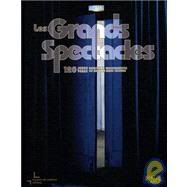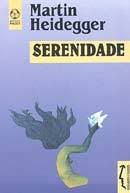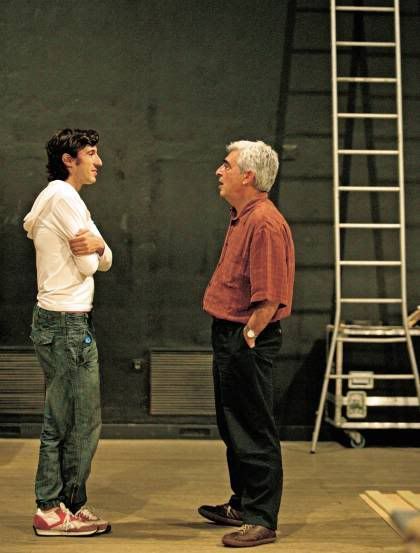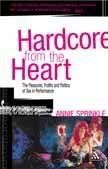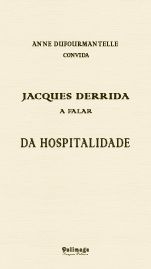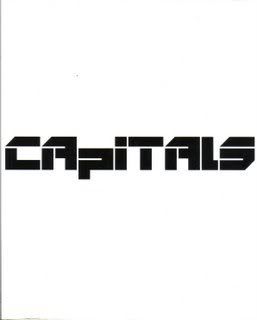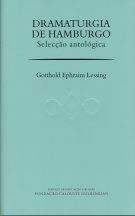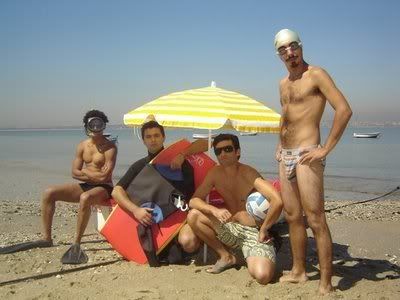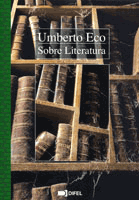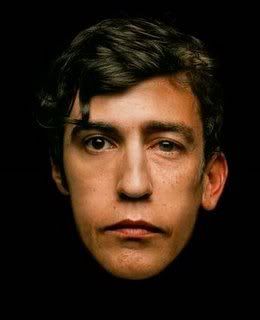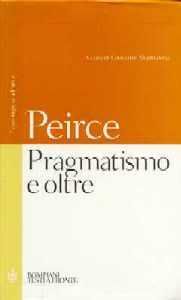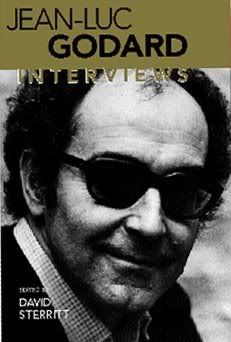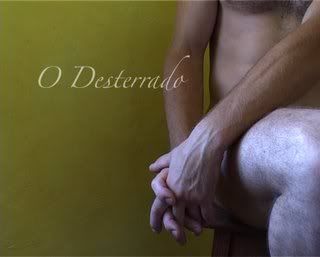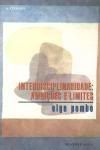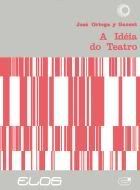I want to be shallowby Elfriede Jelinek
I don't want to play, and I don't want to see others play, either. I also don't want to get others to play. People shouldn't say things, and pretend they are living. I don't want to see that false unity reflected in the faces of actors: the unity of life. I don't want to see that play of forces of this "well-greased muscle" (Roland Barthes)--the play of language and movement, the so-called "expression" of a well-trained actor. I don't want voice and movement to fit together. In Theatre Today something is being revealed--invisibly, for all the stage strings are pulled behind the scene. The machinery, in other words, is hidden; the actor is surrounded by contraptions, is well-lit, and he walks about. Senselessly he imitates human beings. He produces nuances of expression, and he pulls a whole other person out of his mouth, a person who has a fate that is being laid out. I don't want to bring to life strange people in front of an audience. I don't know, but somehow I prefer not to have anything on stage that smacks of this sacred bringing to life of something divine. I don't want theatre. Perhaps I just want to exhibit activities which one can perform as a presentation of something, but without any higher meaning. The actors should say something that nobody ever says, for this is not life. They should show work. They should say what's going on, but nobody should ever be able to say of them that something quite different is going on inside of them, something that one can read only indirectly on their faces or their bodies. Civilians should say something on stage.
A fashion show perhaps--during which women speak sentences in their clothes. I want to be shallow!
A fashion show, because on that occasion one could also send out the clothes by themselves. Get rid of human beings who could fabricate a systematic relationship to some invented character! Like clothes, you hear me? Clothes don't have their own form either. They have to be poured over bodies that ARE their form. Sagging and neglected hang these covers, but then somebody gets into them, somebody who talks like my favorite saint, and who exists only because I exist: I and the one who I am supposed to be--we won't appear on stage anymore.
Neither individually nor together. Take a good look at me! You won't ever see me again! Deplore it! Deplore it now. Holy, holy, holy. Who, after all, would be able to tell what characters should say what in a theatre. Any number of them I line up against each other; but who's who? I don't know these people! Every one of them could be someone else, and could be represented by some third party who is identical with a fourth, without anyone noticing it. A man says. The woman says. A horse comes to a dentist and tells a joke. No, I don't want to get to know you. Good bye!
Actors tend to be false, while their audiences are genuine. For we, the audiences, are necessary, while actors are not. For this reason the people on stage can be vague, with blurred outlines. Accessories of life without which we would leave again, pocketbooks glued to the slackening crooks of our arms. The actors are as superfluous as these bags--filled as they are, like dirty handkerchiefs, with candy boxes, cigarette cartons, and--yes!--poetry. Blurred ghosts. Products without sense, for their sense is, after all, "the product of a supervised liberty" (Barthes). For every move on stage a certain quantity of liberty is available from which the actor can take a portion. There is the pond of liberty, and the actor--please help yourself!--takes his portion of the juice, his distress-liquid, his secretions. There's no secret about that. He adds his snot. But however much he is going to take from his supply of gesturing and strutting about, the gabbing must be imitable, for he and others like him must be able to mimic it exactly. Like fashion clothing: Each piece is defined, but at the same time not too tightly delimited with respect to what it is supposed to do. Sweater, dress--they all have their leeways and holes for the arms. Yes. And what's really necessary: that's us! We don't have the liberty to be false. Those guys on the stage, however, they do. For they are the ornaments of our life--movable and removable by the hand of God, the director.
And then he tears down a whole chunk of human beings and saddles us with something he likes better. Or he will shorten the human smock by re-aligning the hem--this executive of a regional office of a toy store chain. Don't bother us with your substance! Or with whatever you use to fake substance--like dogs who circle each other with excited growls. Who's the boss? Don't be presumptious! Go away! The meaning of theatre is to be without sense, but also to demonstrate the power of the directors to keep the machinery going. Only with his own importance can the director make the empty shopping bags glow--those sagging, leaking recepticles with more or less poetry in them. So, suddenly the meaningless has meaning! When Sir Director reaches into eternity and pulls out something wriggling. At that point he murders everything that was, and his production, although itself based on repetition, becomes the only thing that is allowed to exist. He negates the past, and at the same time censores (fashion!) that which lies in the future, for that will have to heed what he lays down for the next few seasons. What lies in the future will be domesticated, and whatever is new will be regulated before it even exists. Then a year passes, and the newspapers are screaming again with joy about something new, something unpredictable, which replaces the old. And the theatre starts all over again; the past can be replaced by the present--can be redeemed. The present, nevertheless, always has to bend over the past. That's why there are trade journals. To be able to see anything one has to have seen everything.
But now to our collaborators: How can we remove these dirty marks, these actors, from the theatre, so that they won't pour themselves from their zip-lock packages all over us? I mean: That they won't overwhelm us with their fluids! For it is these people who disguise themselves, who drape themselves with attributes, and who arrogate a double life to themselves. These people allow themselves to be multiplied without running any risk, for they won't ever get lost. In fact, they don't even toy with their own being! They are always the same; they never fall through the bottom, and they never rise into the air. They remain without consequence. Let's simply remove them from the inventory of our life! Let's flatten them out into zelluloid! Perhaps we'll make a movie out of them. From there the odor of their sweat (symbol of a work from which they have tried to escape by way of a luxurious personality) won't be able to waft over to us. But a film as theatre is not a film as film! Just aim and shoot! What you see it what you get. Nothing can be changed, and thus the eternal recurrence of that which is never quite the same will be subverted. They will simply be banned from our lives. They will be punched into piano rolls that whimper wobbly tunes. They drop out of our body perception and turn into surfaces that move before our eyes. They become impossible, and thus don't have to be outlawed, for they are nothing, and they don't exist anymore. Or else: With every performance a whole new crew will take over, and they will do something totally new every time they perform. They have a supply of possible moves, but as with our clothes, nothing will be repeated the way it was done before. It's only time that threatens us with passing away! There must be no theatre anymore. Either the same will always be repeated in exactly the same way (film documentation of a secret performance which can be seen by us humans only as this UNIQUE and ETERNAL repetition), or never twice the same!
Always something quite different! Nothing lasts forever, anyway. In the theatre we can prepare ourselves for entering the dimension of time. Stage people do not perform because they are something, but because their unimportant traits become their real identity. Their wild gesturing, their clumsy, wishy-washy pronouncements, put in their mouths by those who do not comprehend--only by this are they distinguished from each other. They assume, indeed, the identity of persons whom they are supposed to represent, and they turn into ornaments, into performers of performers--in an endless chain. On the stage the ornament becomes the essential thing. And what's essential--Hold it! Step back!--becomes decoration, mere effect. Without being concerned with reality the effect becomes reality. The actors signify themselves, and they become defined by themselves. And I say: Get rid of them! They are not real! Only we are real. We are most of what there is when we, slim and chique, hang in our elegant theatre outfits. Let's look exclusively at ourselves! We are the performers of ourselves. We don't need anything besides us. Going into ourselves, and staying inside--everybody hopes, after all, that as many people as possible will look at him, as he struts through the world, regulated by magazines and their pictures, like a well-greased machine. Let's become our own patterns, and sprinkle snow, meadows, and knowledge with--with what? With ourselves! That's how everything is all right.
Translation: Jorn Bramann
in: Theater Heute Jahrbuch 1983, S. 102.
